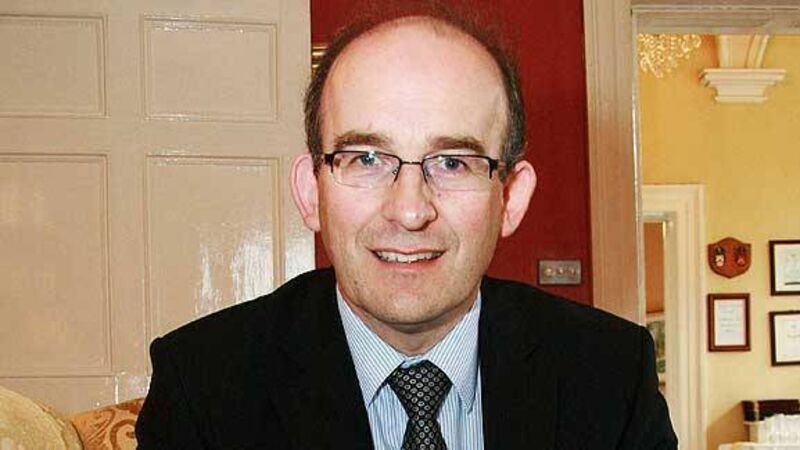Dairygold predicts bright future for milk suppliers

The EU is to abolish milk quotas in April, 2015. Dairy farmers across the country are eyeing expansion, which hasn’t been possible for the last 30 years. With increases in milk volumes expected at the creameries, the processors have planned how they will manage the extra volumes.










